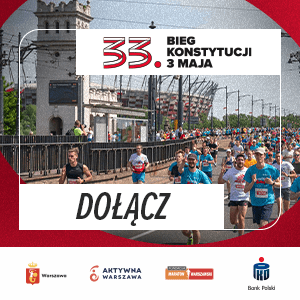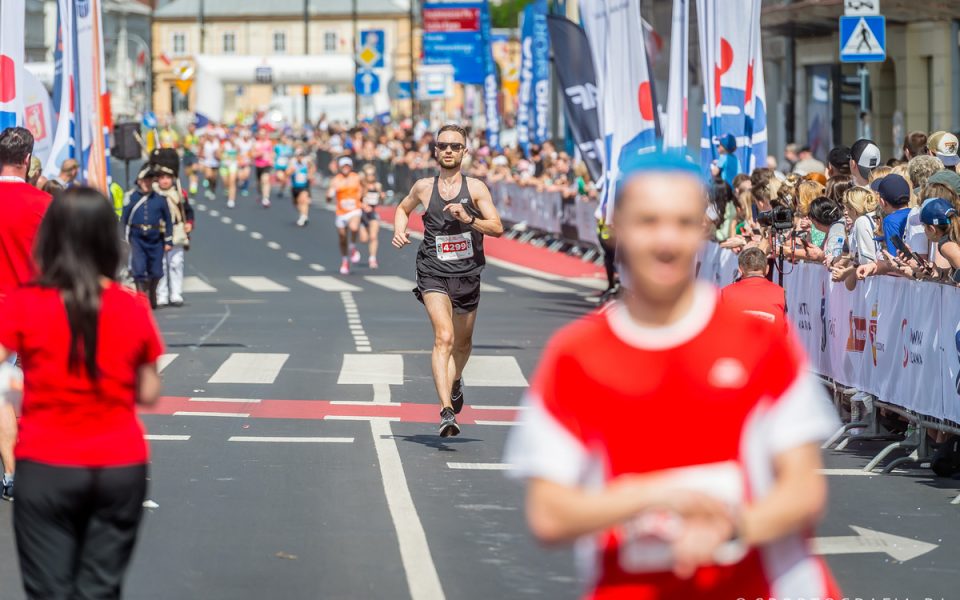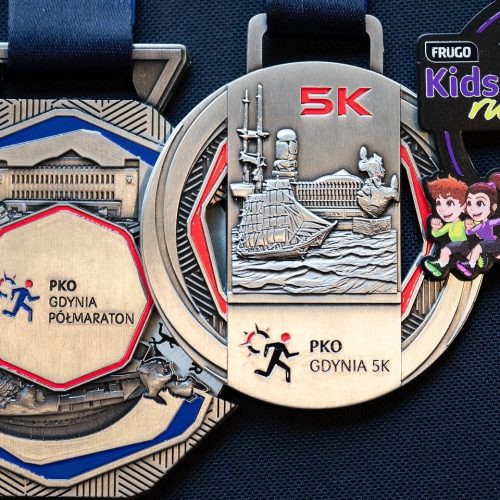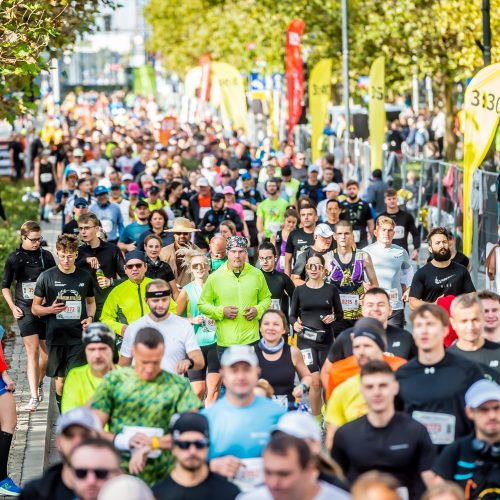Drunk Personality Types: Understanding How Alcohol Amplifies Behavior
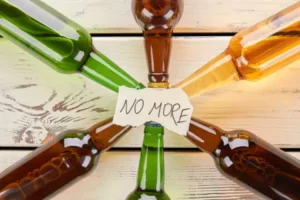
The FHE Health team is committed to providing accurate information that adheres to the highest standards of writing. This is part of our ongoing commitment to ensure FHE Health is trusted as a leader in mental health and addiction care. Additionally, the report states that in 51% of cases concerning violent crime, the victim said they believed the offender had been drinking alcohol prior to the incident in question. Environmental triggers and situational factors can’t be overlooked either. Crowded, noisy bars or parties can increase stress and frustration levels, potentially leading to aggressive outbursts.

Long-Term Strategies to Improve Anger Resilience
We know what drives alcohol users and abusers to continue drinking. Like benzos and other drugs, molecules of alcohol interact with the brain’s GABA receptors, prompting the release of dopamine. One phenomenon is “the cycle of abuse” — family members engaged in substance abuse are more likely to inflict physical, psychological, or other trauma onto their family members. Abuse and other Adverse Childhood Experiences (ACE) dramatically increase the chance that a person will end up abusing drugs and alcohol themselves in the future. This might include friends who can help keep you accountable, or a designated “buddy” who can intervene if they notice you becoming aggressive.
- Attending one-on-one therapy with a licensed therapist can help you work through anger issues in a more private setting.
- This personality type often overestimates their abilities and underestimates potential dangers.
- With over 2,000 recovered patients, Curednation is more than ready to help you or your loved ones with alcohol recovery.
- While the neurochemical effects of alcohol are universal, not everyone becomes an angry drunk.
Community Impact and Legal Issues
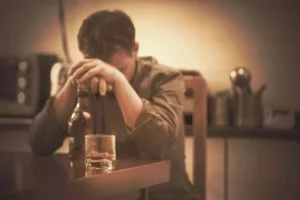
These include underlying mental health issues, personal history of violence, and even genetics. Anger is a common symptom of borderline personality disorder, a condition marked by unstable emotions, behaviors, and relationships. Sometimes dubbed “borderline rage,” it can lead to explosive, uncontrolled episodes of inappropriate anger. For some individuals, professional help may be necessary to address mean drunk behavior effectively.
Individualized, evidence based treatment, to fit your needs.
You’ll also have the opportunity to connect with our https://ecosoberhouse.com/ licensed Reframe coaches for more personalized guidance. The Reframe app equips you with the knowledge and skills you need to not only survive drinking less, but to thrive while you navigate the journey. Our daily research-backed readings teach you the neuroscience of alcohol, and our in-app Toolkit provides the resources and activities you need to navigate each challenge.

Pairing alcohol’s aggression disinhibition with the already existing trauma can lead to aggressive behavior when intoxicated. Alcohol is considered a depressant, and it can cause looser inhibitions of aggressive behavior. This manifests as verbal abuse, threats, or physical violence in some cases.
Substance Use Treatment
Even if you don’t find drinking makes you aggressive, you might find drinking sometimes leads to an argument. So, why not cut down together and enjoy all the benefits that it can bring. Research has shown that thought suppression may contribute to alcohol-related aggression. One study supporting this finding enlisted 245 men with a history of heavy episodic alcohol use (Berke et al., 2020). They completed surveys assessing their endorsement of traditional masculine norms, use of thought suppression, and both trait and alcohol-related aggression. It was found that thought suppression mediated the association between the toughness masculine norm and alcohol-related aggression.
Why is anger so common among people who drink?
“Hypersensitive people may feel more than most and react more strongly, and this too may lead to anger outbursts,” he says. It helps you evaluate situations, control your behavior, and manage your feelings. You can think of it as the level-headed, realistic part of your brain that tries angry drunk psychology to talk you down from doing things you might later regret.
It’s not that alcohol has transformed Bob into some Jekyll-and-Hyde character; it’s more likely unearthed frustrations simmering beneath the surface. John C. Umhau, MD, MPH, CPE is board-certified in addiction medicine and preventative medicine. For over 20 years Dr. Umhau was a senior clinical investigator at the National Institute on Alcohol Abuse and Alcoholism of the National Institutes of Health (NIH).
- Alcohol can make some people more emotional than usual, causing them to cry more easily.
- Alcohol affects people differently, leading to various drunk personality types.
- As a positive, unalarming emotion and one that others are used to seeing, however, happiness isn’t on the radar as much as anger.
- Many people have observed that alcohol can bring out different sides of someone’s personality.
- It’s important to remember that anger is sometimes a sign that there is something deeper going on with your mental health.
Alcohol
This is what we call it when someone acts out and makes similarly poor decisions without having a single drink. Generally, “dry drunks” are people trying to quit drinking cold-turkey, or “white-knuckling” it, as it is sometimes called. If they’re experiencing “dry drunk” symptoms, it’s not going very well for them, and they’re reacting to it by acting out in similar ways to how they would when actually under the influence. This means the self-centered, impulsive, and yes, often angry and violent nature of an ill-tempered drunk will come out in force, even when they haven’t touched a drink. This is similar in nature to a sort of withdrawal symptom of alcoholism, as it is a total rejection of a sober lifestyle. Because beating alcoholism – or any addiction, for that matter – isn’t just about removing yourself from the substance that got you addicted.

Minor annoyances can trigger disproportionate reactions, leading to arguments or physical confrontations. Typically, anger will lead to aggression unless something happens to resolve the situation. If an intoxicated person becomes upset because the bartender refuses to serve them, help from a friend might calm them down. If no one can defuse the tension, they may become an aggressor, escalating the Halfway house situation to a violent one.



